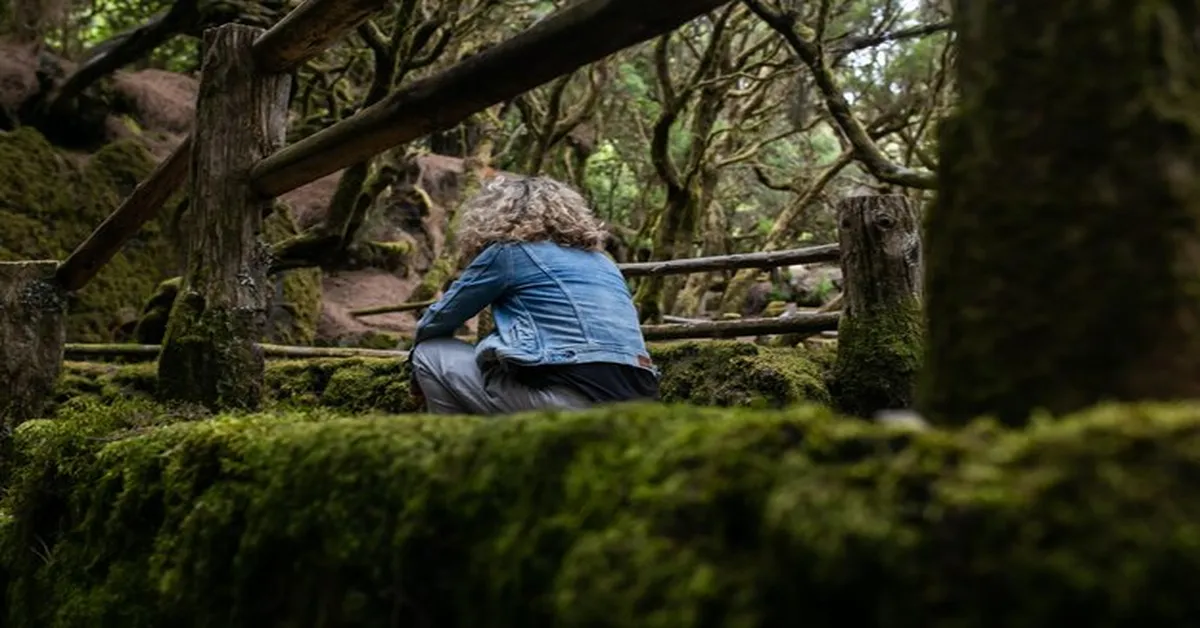Steve Cartisano, born on August 15, 1955, in Modesto, California, was a prominent figure in the wilderness therapy industry, known for his controversial methods in rehabilitating troubled teens. His career, marked by rapid success and significant controversy, offers a complex narrative of innovation and ethical debates in therapeutic practices.
Steve Cartisano Early Life and Military Service
Steve Cartisano early life was characterized by a strong connection to survival skills and discipline. He served in the U.S. Air Force from 1974 to 1984, being part of the 129th Aerospace Rescue and Recovery Squadron (ARRS). During his military tenure, he was regarded as “one of the best-trained survivalists,” a reputation that would later influence his approach to wilderness therapy.
Founding of the Challenger Foundation
In 1988, leveraging his survival expertise, Steve Cartisano founded the Challenger Foundation, a wilderness therapy program aimed at reforming troubled adolescents through rigorous outdoor survival experiences. The program quickly gained attention, grossing $3.2 million in its first year and attracting families seeking alternative therapeutic interventions for their children.
Controversial Methods and Legal Challenges
The Challenger Foundation’s methods were stringent, emphasizing discipline through survival challenges. Participants were subjected to demanding physical activities, including extensive hikes in harsh conditions. These practices drew criticism for their severity and raised ethical concerns about the treatment of minors.
In 1990, the program faced a tragic incident when 16-year-old Kristen Chase died from heatstroke during a strenuous hike. This event led to charges against Steve Cartisano for negligent homicide and child abuse. Although he was acquitted of these charges in 1992, the incident sparked widespread scrutiny and debates about the safety and ethics of wilderness therapy programs.
Subsequent Ventures and Continued Controversy
Despite the controversies, Steve Cartisano continued to establish similar programs. He founded HealthCare America, which was shut down following reports of abuse, including instances where teens were found tied to a car. Undeterred, he later opened Pacific Coast Academy in Samoa, a high-cost therapy camp that was closed after a video exposing the harsh conditions surfaced, prompting intervention by the U.S. Embassy.
Media Attention and Legacy
Cartisano’s practices have been the subject of media investigations and documentaries, notably Netflix’s “Hell Camp: Teen Nightmare,” which explores the experiences of participants in his programs and the broader implications of such therapeutic approaches. The documentary highlights the lasting impact on former participants and raises questions about regulatory oversight in the troubled teen industry.
Personal Life and Death
In his later years, Cartisano valued his role as a grandfather and was active in the Choctaw Tribe and The Church of Jesus Christ of Latter-Day Saints. He passed away on May 4, 2019, at the age of 63, after battling colon cancer.
Conclusion
Steve Cartisano’s career serves as a complex case study in the field of wilderness therapy, reflecting the challenges and ethical considerations inherent in alternative therapeutic practices. His legacy prompts ongoing discussions about the balance between innovative treatment methods and the imperative to protect vulnerable populations.









